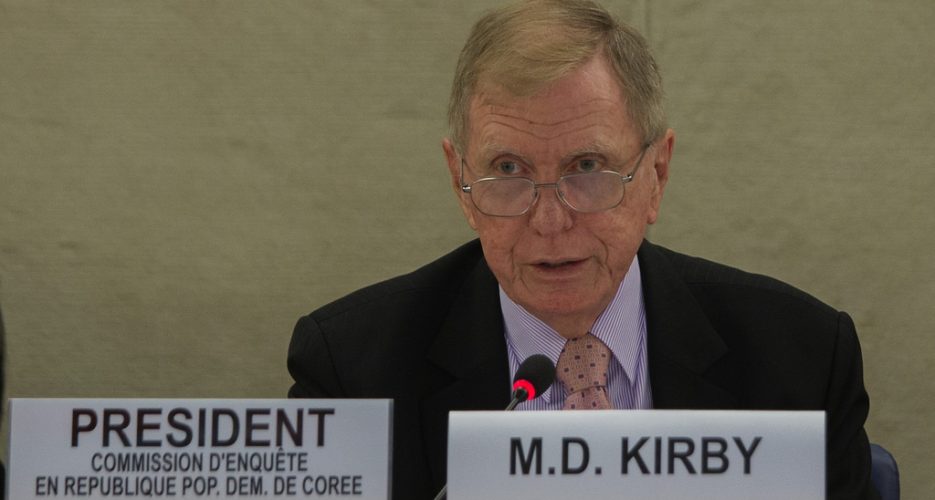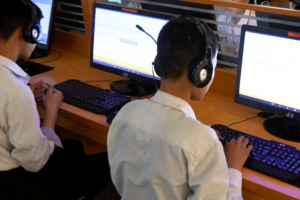A year on from the United Nations’ damning report on the human rights’ situation in the Democratic People’s Republic of Korea (DPRK – North Korea’s official name), it is perhaps time to take stock of what has happened. The report itself is slowly ploughing through the UN system, and is now before the Security Council. This is frustrating to many who had hoped that it would prove a wake-up call and lead to swift action. This was always unlikely, since the UN has procedures and rules that have to be followed. Given that both Russia and China sit on the Security Council and have a veto, it is hard to see that there will be an endorsement of the report’s recommendations from that quarter. Outside the UN, the report is being used by some as a justification for hostility to the very existence of the DPRK
In the meantime, the report itself is not without its critics. North Korea has of course rejected its findings as biased and derived from hostility rather than from facts. This was only to be expected, given the country’s normal reaction to any adverse comments on its behavior. It has not helped its own case by the usual intemperance of its comments and the aspirations cast not only on the witnesses but also on the Australian judge, Michael Kirby, who carried out the report. Some North Korean officials are well-aware of the negative atmosphere created by the use of extreme language but one must assume that the instructions to use it come down from the top of the system and cannot be questioned. Whatever the reason, the use of abusive language does little to help the North Korean cause.
A year on from the United Nations’ damning report on the human rights’ situation in the Democratic People’s Republic of Korea (DPRK – North Korea’s official name), it is perhaps time to take stock of what has happened. The report itself is slowly ploughing through the UN system, and is now before the Security Council. This is frustrating to many who had hoped that it would prove a wake-up call and lead to swift action. This was always unlikely, since the UN has procedures and rules that have to be followed. Given that both Russia and China sit on the Security Council and have a veto, it is hard to see that there will be an endorsement of the report’s recommendations from that quarter. Outside the UN, the report is being used by some as a justification for hostility to the very existence of the DPRK
In the meantime, the report itself is not without its critics. North Korea has of course rejected its findings as biased and derived from hostility rather than from facts. This was only to be expected, given the country’s normal reaction to any adverse comments on its behavior. It has not helped its own case by the usual intemperance of its comments and the aspirations cast not only on the witnesses but also on the Australian judge, Michael Kirby, who carried out the report. Some North Korean officials are well-aware of the negative atmosphere created by the use of extreme language but one must assume that the instructions to use it come down from the top of the system and cannot be questioned. Whatever the reason, the use of abusive language does little to help the North Korean cause.
Try unlimited access
Only $1 for four weeks
-
Unlimited access to all of NK News: reporting, investigations, analysis
-
Year-one discount if you continue past $1 trial period
-
The NK News Daily Update, an email newsletter to keep you in the loop
-
Searchable archive of all content, photo galleries, special columns
-
Contact NK News reporters with tips or requests for reporting
Get unlimited access to all NK News content, including original reporting, investigations, and analyses by our team of DPRK experts.
Subscribe
now
All major cards accepted. No commitments – you can cancel any time.











